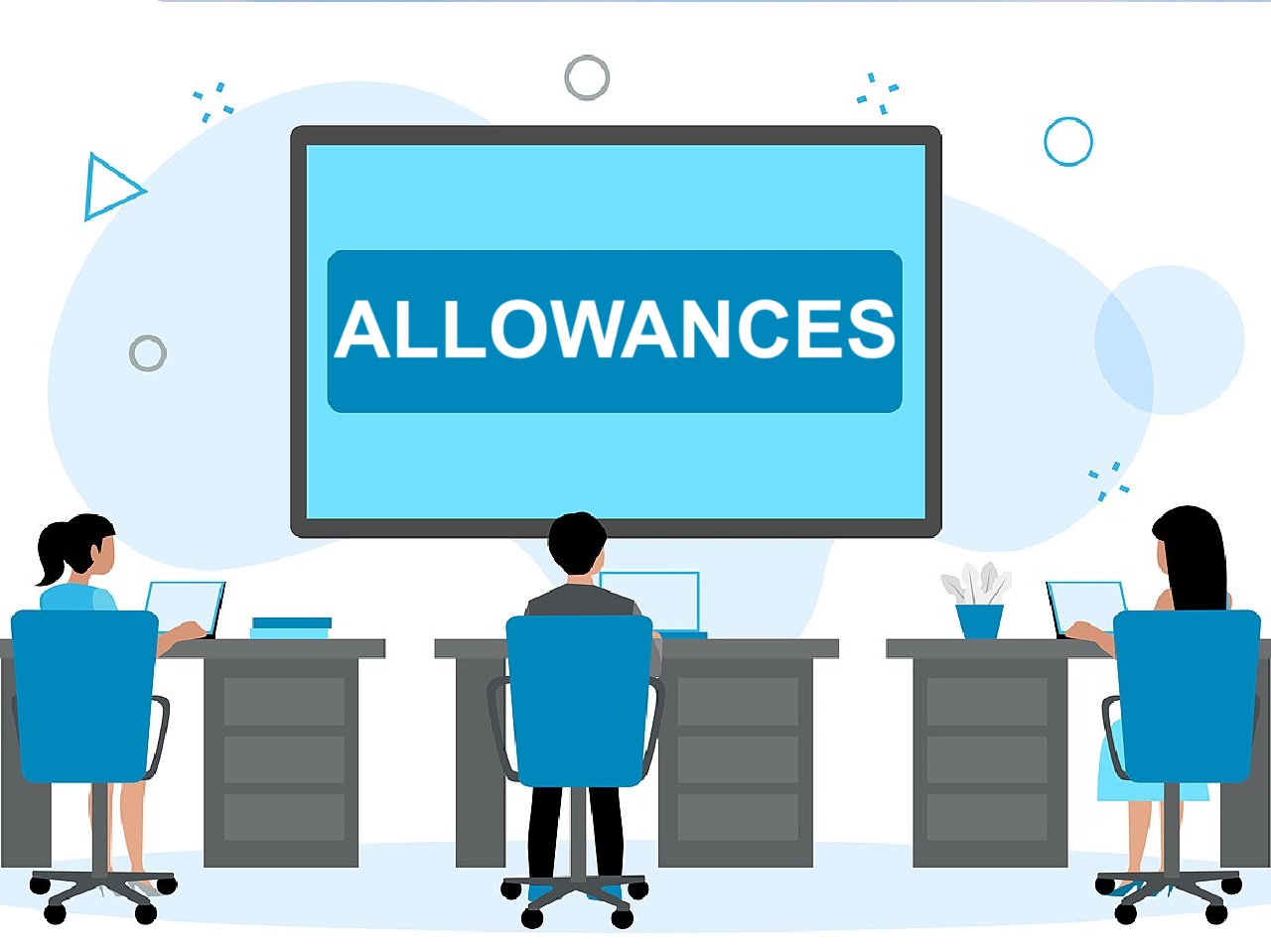I have just landed my first job. Although excited, I am also a little nervous as the salary comes with a set of different allowances. How do I claim them and will there be any tax implications?
As a salaried individual in India, understanding the various allowances you can receive and how they impact your taxable income is essential.
Let's break down the different kinds of allowances and their tax implications in simple terms.
1. Basic Salary: This is your fixed monthly income and is fully taxable as per your income tax slab. It forms the foundation for calculating other allowances.
2. House Rent Allowance (HRA): If you live in a rented house, you can claim HRA as an exemption. The actual exemption depends on your rent, HRA received, and the city you reside in. It's calculated as the lowest of these three: Actual HRA, 50% of basic salary (in metro cities), or 40% of basic salary (in non-metro cities).
3. Special Allowances: These can vary widely and cover expenses related to travel, dearness, overtime, or any other specific work-related costs. While some may be fully taxable, others might be partially or fully exempt from tax.
4. Transport Allowance: Up to Rs. 1,600 per month (Rs. 19,200 per annum) is exempt from tax. However, remember that this allowance is rarely offered these days.
5. Children's Education Allowance: You can receive an exemption of up to Rs. 100 per month per child (maximum of two children) for school education.
6. Medical Allowance: Some employers offer a fixed medical allowance to cover healthcare expenses. However, this allowance is now redundant, and it's better to claim actual medical expenses under exemptions.
7. Leave Travel Allowance (LTA): If your employer provides LTA, you can claim exemptions for expenses incurred on domestic travel for yourself and your family. You can claim LTA twice in a block of four years.
8. Food Coupons: Many employers provide food coupons or meal vouchers. Up to Rs. 50 per meal is exempt from tax.
9. Special Allowances: This can include any additional allowances provided by your employer, such as uniform allowances or project-based allowances. These are usually fully taxable.
Now, let's talk about how these allowances affect your taxable income.
The exemptions you can claim reduce your taxable income, which means you pay less tax. For instance, if you receive HRA, LTA, and have children's education expenses, you can claim exemptions on these amounts, reducing your taxable income.
It's important to keep all necessary documents and proofs, such as rent receipts, travel bills for LTA, and medical bills, to claim these exemptions during the tax-filing season. Remember that tax laws can change, so it's wise to consult a tax expert or use a tax calculator to ensure you are taking full advantage of the available allowances while staying compliant with tax regulations.
In conclusion, understanding the various allowances you receive as a salaried person and their tax implications can help you optimize your tax liability and maximize your take-home salary. Keep track of these allowances and stay informed about the latest tax regulations to make the most of your earnings.








